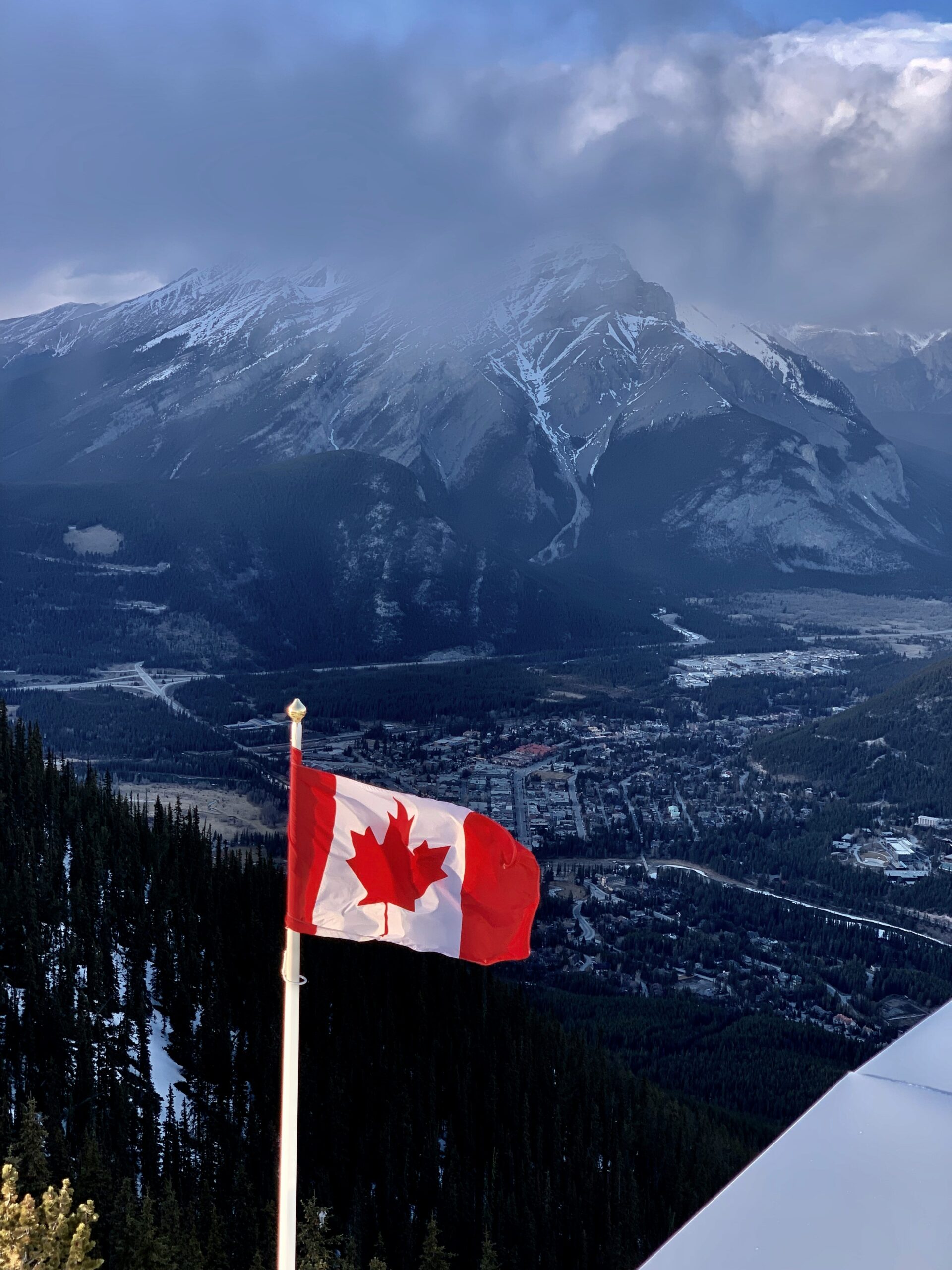OTTAWA, ON – Prime Minister Justin Trudeau issued a comprehensive formal apology on behalf of all of Canada for “the inconvenience our nation may have caused by occupying this particular geographic location for the past 158 years.”
The apology, delivered during a ceremony on Parliament Hill, addressed Canada’s “problematic positioning” directly north of the United States and its “presumptuous assumption” that it deserved to exist as an independent nation.
“We’re deeply sorry for being here,” Trudeau announced while standing next to a maple leaf flag at half-mast. “We realize our presence above the 49th parallel may have caused confusion, blocked scenic views, and created unnecessary complexity for mapmakers. This was never our intention.”
The formal statement, which took six hours to read in both English and French, covered over 200 specific grievances including Canada’s “aggressive politeness,” its “excessive production of maple syrup,” and what the Prime Minister called “our irresponsible hoarding of fresh water resources.”
“We apologize for having so many lakes,” Trudeau continued. “We understand this may have seemed boastful or inconsiderate to nations with fewer freshwater resources. We also regret our disproportionate production of hockey players and our monopolistic control over saying ‘eh,’ which may have limited other countries’ access to this versatile conversational tool.”
The apology comes after years of mounting international pressure on Canada to “take responsibility” for various global inconveniences, including cold air masses, geese migration patterns, and the existence of pineapple on pizza (which Canada neither invented nor promoted, but nevertheless feels responsible for).
“We’re sorry about the geese,” Trudeau admitted. “We realize Canadian geese can be aggressive and territorial when they visit other countries. We’ve tried to talk to them about their behavior, but they don’t really listen to us either. We apologize for that too.”
Deputy Prime Minister Chrystia Freeland announced a comprehensive reparations program to address Canada’s “geographical colonialism.”
“We’re prepared to physically relocate our entire nation to a less convenient location,” Freeland explained while consulting a world atlas. “We’re considering Antarctica or perhaps somewhere in the Pacific Ocean where we won’t interfere with anyone’s northern border. We recognize that our current location may have negatively impacted America’s ability to claim they border the North Pole.”
The apology also addressed Canada’s “cultural imperialism” in promoting universal healthcare, apologetic behavior, and what the government termed “aggressive peacekeeping.”
“We’re sorry for making other countries look bad by having free healthcare,” Trudeau said. “We realize this may have caused feelings of inadequacy in nations that chose different healthcare approaches. We also apologize for our peacekeeping efforts, which may have implied that conflicts could be resolved without violence. This was culturally insensitive of us.”
President Biden responded to Canada’s apology with confusion, stating that he “didn’t realize we had any complaints about Canada existing” and that the U.S. “actually likes having Canada up there.”
“They’re good neighbors,” Biden told reporters. “They’re quiet, they help with emergencies, and they never blast music late at night. I don’t understand why they’re apologizing.”
The Canadian government has also apologized for the confusion caused by their apology and has announced plans to apologize for that apology as well.
“We’re sorry for making everyone uncomfortable with our excessive apologizing,” Trudeau concluded. “We realize that apologizing for apologizing creates a recursive loop of guilt that may cause international anxiety. We apologize for any stress this may cause and will continue apologizing until we find a solution that doesn’t require further apologies.”
The relocation committee expects to complete Canada’s migration to a less offensive location by 2027, weather permitting.

